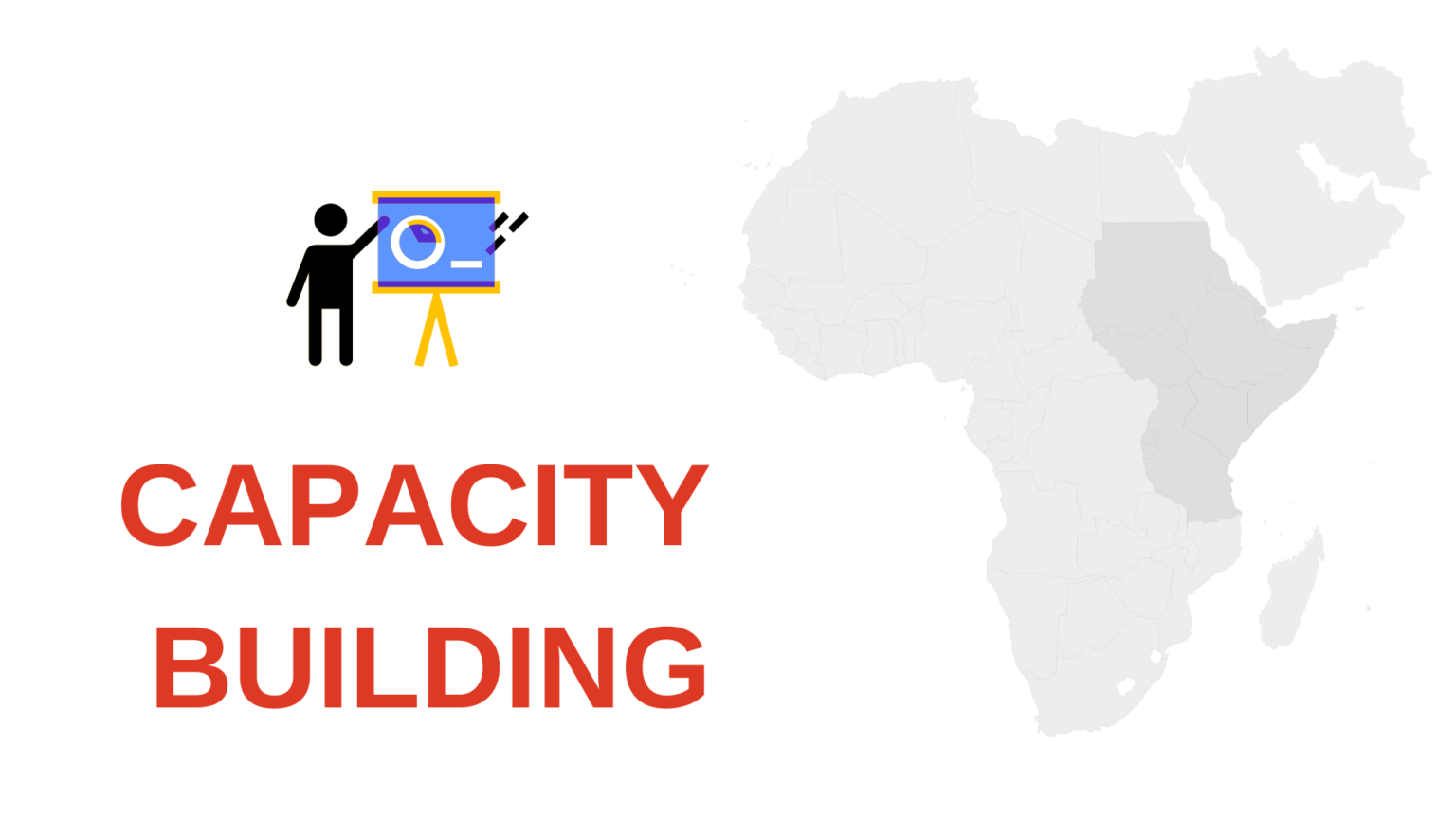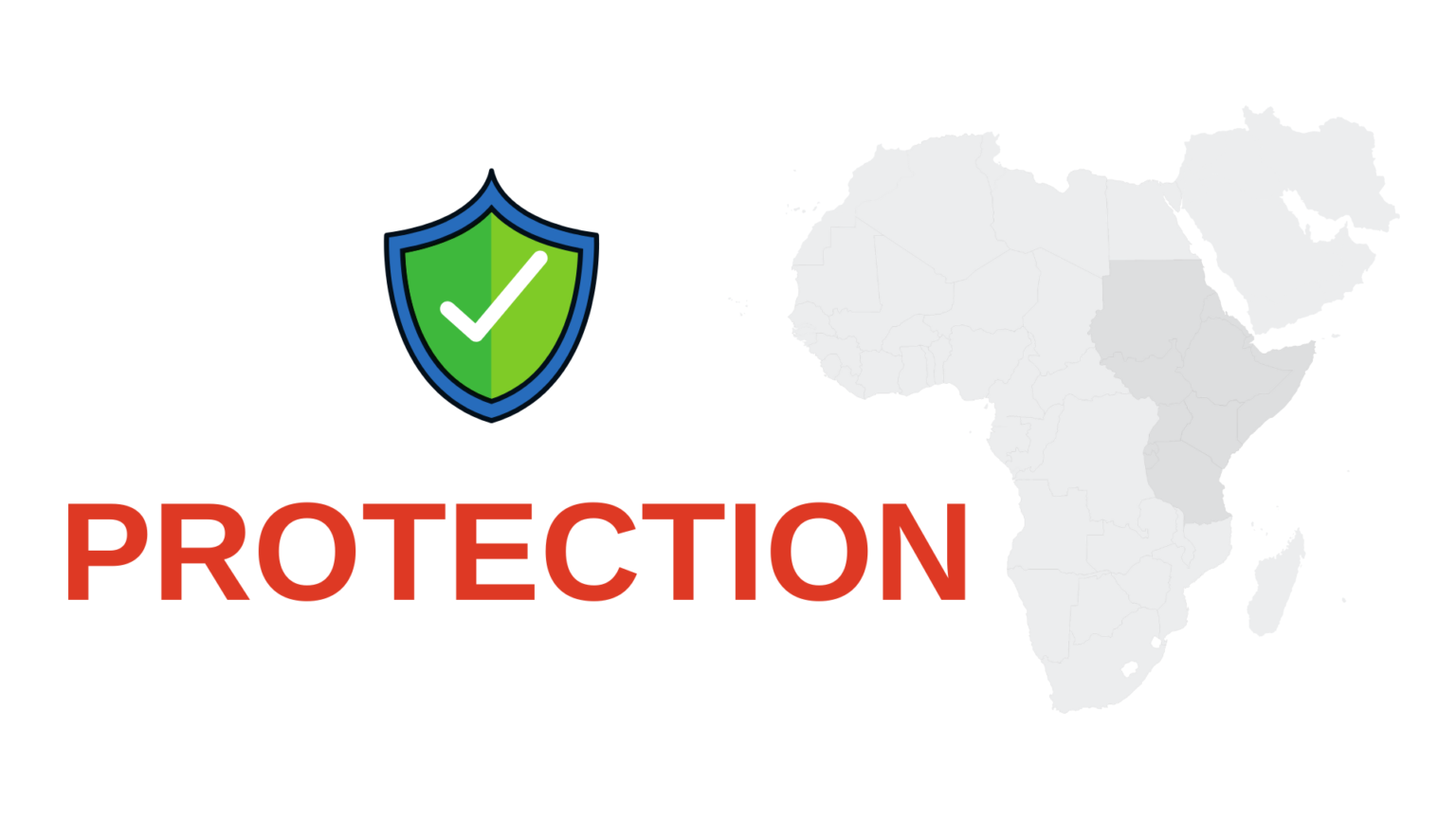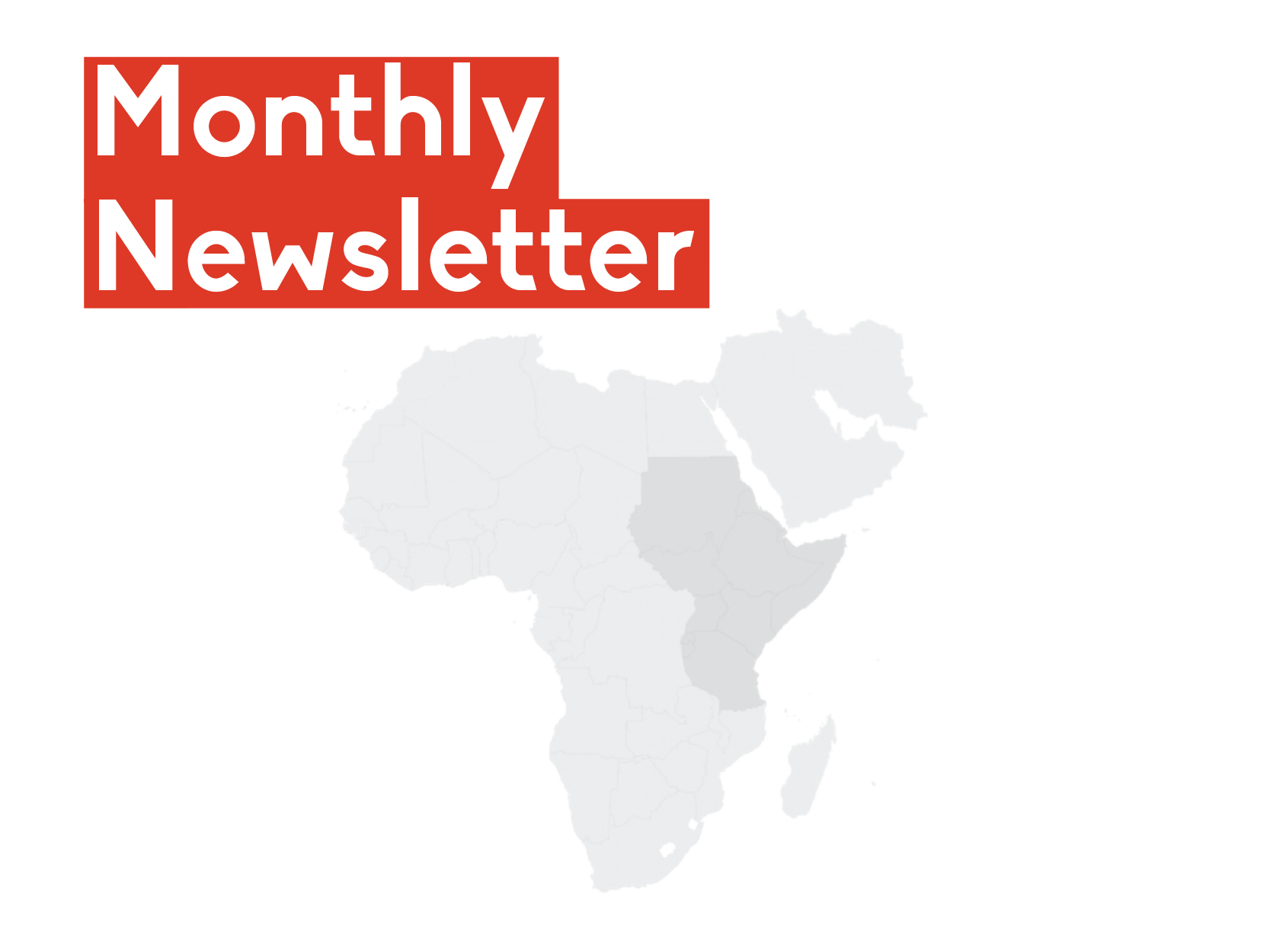Hello friends,
February has been activity-heavy for us at DefendDefenders. In a bid to keep our human rights defender (HRD)-networks and coalitions energised and well-coordinated for the diverse threats that continue to undermine civic space on the continent, this month, we set off for a series of HRD-engagements in the Sahel and West-Africa.
In Dakar, Senegal, we met with prominent civil society leaders, web-activists and journalists who have brilliantly resisted attempts to reverse the country’s democratic gains, through rallying, mobilising and advocating via their different mediums. We discussed the importance of a vibrant civil society, citizen agency and safeguarding press and internet freedom. After meeting with CSO leaders, we met with Hon. Sidiki Kaba, Senegal’s Minister of Internal Affairs. We reminisced on his own stellar history in human rights work, and while we acknowledged the important role that HRDs play in defending civic space and nurturing free and open societies, we brought to his attention the numerous threats they continue to face from state and non-state actors and called upon him and the government to do more to enure their safety and protection.
From Senegal, we left for Burkina Faso, where we convened HRDs from insecurity-affected countries in the Sahel region. We discussed the risks they face in light of the precarious political and security situation riddled with military rule, terrorist cells and frequent coups, and assured them of DefendDefendsers and AfricanDefenders’ commitment to address the resultant protection gaps by providing responsive support tailored to their unique operating environment.
From the Sahel, we headed to Geneva for the 55th ordinary session of the Human Rights Council, where we engaged with several stakeholders in the UN human rights architecture, including the Secretary General Antonio Guterres. I emphasized the important role that HRDs play in shedding light on rights violations where the global community is not watching and called for continued international scrutiny of especially countries in conflict situations where such HRDs remain gravely endangered.
Elsewhere, our teams remain engaged in consistent effort to ensure the safety of HRDs and enhance their capacity to deliver on their infinite mandate. I invite you to read more on their work.
Hassan Shire,
Executive Director, DefendDefenders
Chairperson, AfricanDefenders
Human Rights Defender of the Month:Aida Musa

As a soldier’s child, Aida Musa was the unlikeliest of human rights defenders. But as a girl in Sudan’s Nuba Mountains, she was left with very little choice.
Like many African societies, the Nuba people of Sudan’s South Kordofan region are a very patriarchal society. In the 1970s when Aida was born, education was a privilege of boys – girls were forcefully married off barely into their teens, and Female Genital Mutilation (FGM) holds pride of place.
As a girl-dad though, Aida’s father had different ideas for her daughter and helped fuel her human rights consciousness:
Updates from DefendDefenders

From 1-2 February, DefendDefenders trained six representatives (3 males and 3 females) from the Burkinabe HRDs coalition (CBDDH), Malian HRDs Coalition (COMADDH) and Niger HRDs Network (RNDDH) in HRD protection case management.
From 12 – 16 February, DefendDefenders conducted a needs assessment for organisations and individual HRDs based in Karamoja and Acholi regions, during which 14 organisations were assessed for their organizational and technical development needs.
On 15 February, DefendDefenders participated in the protection working group meeting held in Kenya, where we alongside colleague HRD protection-focused organisations discussed noticeable trends in human rights abuses and violations on HRDs and explored opportunities for collaboration among the protection service providers.
From 19 – 22 February, DefendDefenders conducted a virtual digital security training for HRDs, benefiting 11 HRDs(4 Male, 7 Female)
From 19 – 29 February, DefendDefenders carried out a follow-up training of trainers in resource mobilisation in Jinja, Lira, Hoima, Masaka, Kalangala and Kampala. A total of eight organisations were visited physically while a total of 18 participants benefitted from the training.
On 21 February 2024, AfricanDefenders joined 11 other civil society organisations (CSOs) and national human rights institutions (NHRIs) in calling for a more meaningful engagement of civil society in the nominations and selection of members of the African Union’s (AU)’s human rights mechanisms, starting with the upcoming July 2024 elections of members to the African Court on Human and People’s Rights.
On 27 February 2024, DefendDefenders’ Protection and Security Management team organised and participated in the Exiled Working Group committee meeting which successfully drafted recommendations for the 4th Protection Service Providers Dialogue and Streamlined the election process for voting the exiled HRDs working group committee.
On 27 February, DefendDefenders carried out a personal digital security assessment for a mozambiquan exile HRD who was relocated to our Ubuntu Hub City of Praia in Cape Verde.
On 28 February, DefendDefenders Protection and Security Management team conducted a risk assessment at the office premises of Human Rights Centre Uganda. The visit was to assess the level of risk that comes with being situated in a fast-growing residential area, and to recommend risk mitigation strategies.

DefendDefenders is participating in the 55th regular session of the Human Rights Council (HRC55) which kicked off on 26 February and will last till 5 April 2024. As every year, its first week was dedicated to the “High-Level Segment,” with state dignitaries delivering speeches. The DefendDefenders delegation led by Hassan Shire met with the UN Secretary-General, António Guterres, and state representatives, and delivered oral statements.
Ahead of HRC55, together with 90 South Sudanese, African, and international NGOs, we called on the UN Human Rights Council (HRC) to extend the mandate of the UN Commission on Human Rights in South Sudan (CHRSS). As South Sudan approaches elections, international scrutiny through the CHRSS remains vital, the signatories stressed.
We will continue to advocate throughout the session, including with South Sudanese HRDs travelling to Geneva.
In February, we also took part in the UPR pre-sessions organised by NGO UPR Info. We focused on Eritrea, promoting our report and recommendations. We also supported Helen Kidan, the Executive Director of the Eritrean Movement for Democracy and Human Rights (EMDHR). Eritrea’s 4th UPR review will take place on 6 May 2024.

From 1- 29 February, DefendDefenders received a total of 134 requests for support from HRDs at risk. 30 of these requests were approved, six were referred to partner organizations, 88 requests were rejected, one request was withdrawn, while nine requests are still under verification. Of the approved requests, 18 are from Uganda, six from Sudan, two each from Somalia and Burundi and one case from South Sudan.
Opportunities
Call for Applications: SAFETAG Junior Auditors Training
Country Updates:
Eritrea
Eritreans fleeing the country are being kidnapped for ransom across the border in neighboring Ethiopia, rights groups have reported. Thousands of Eritreans continue to flee the country’s authoritarian streak, including compulsory military service only to end up in Tigray in northern Ethiopia, where they’re tortured and held for ransom until their families part with between $4000 -$5000. Others are then sold unto other traffickers who demand for more ransom.
Djibouti
The Committee on the Elimination of Discrimination against Women commended Djibouti’s efforts to address gaps and barriers to fulfilling its Convention obligations, but expressed concern on reports of women abuse emerging from the several military bases in the country. Djibouti is home to over 5 military bases of leading global powers and experts worried that there have been reports of these bases being sources of abuse against women and girls.
Kenya
Human Rights Watch criticized remarks by a Kenyan governor which called for the banning of pregnant girls from school, warning that such a policy would be unconstitutional and have the counterproductive effect of aiding more teenage pregnancies instead of preventing them. Bungoma Governor Kenneth Lusaka had called for the banning of girls from school while pregnant and after giving birth, remarks that Human Rights Watch observed have no basis in law, since the right to education is unconditional.
South Sudan
Ahead of HRC55, over 90 human rights organisations wrote to the UN Human Rights Council to renew the mandate of the UN Commission on Human Rights in South Sudan (CHRSS). In the letter, The organisations argued that as South Sudan prepares to host its general elections, international scrutiny through the CHRSS remains vital, especially in the absence of conditions guaranteeing a free, fair and secure vote.
In its 12th visit to South Sudan, the CHRSS urged South Sudan leaders to prevent descent to violence and center human rights as they midwife the country’s transition into democratic rule, noting that the establishment of a unified national army and transitional justice processes to deal with past rights abuses as provided for in the 2018 Revitalized Peace Agreement is indispensable .
Sudan
The ongoing conflict in Sudan continues to foment violence and lead to hundreds of deaths, nearly a year since violence broke out between the country’s leading military factions – the Sudan Armed Forces and the Rapid Support Forces (RSF). According to the Armed Conflict Location & Event Data Project (ACLED), there were over 350 political violence events and 782 reported fatalities reported in February alone, bringing the conflict’s total death toll to now over 14790.
In a joint appeal, nine human rights groups and organisations called upon the international community to bear upon the warring Sudanese military factions to provide safe humanitarian corridors for aid agencies and workers to access those in need of humanitarian relief, and to restore uninterrupted telecommunications across the country to ensure the safety and wellbeing of human rights defenders. The appeal follows routine disruption and later a complete shutdown of telecommunications across the country at the start of February, raising concerns regarding the weaponization of internet shutdowns in the ongoing conflict.
Somalia
The United Nations Population Fund (UNFPA) called upon the Somalia government to implement the country’s constitutional prohibition of female genital mutilation (FGM) as a critical step to ending child marriages in the country. While commemorating this year’s International Day of Zero Tolerance for FGM, UNFPA noted that Over 36% of girls in Somalia are married before their 18th birthday, and FGM is one of the harmful practices undertaken to ready these girls for marriage.
Following the rape of 13-year-old girl in Somalia’s regional state of Puntland, Save the Children called for increased protection of girls in Somalia, noting that the country continues to report some of the highest rates of violence against women and girls globally. The girl was raped by armed men outside her home on 18 February.
Tanzania
Tanzania civil society and other international organizations under the Maasai International Solidarity Alliance (MISA) criticized a mission led by the United Nations Educational, Scientific and Cultural Organization (UNESCO) investigating human rights violations in the Ngorongoro Conservation area for not consulting and interviewing the Maasai pastoralists and only interviewing government authorities. MISA called upon UNESCO to suspend “this non-transparent and non-inclusive mission and to create a legitimate space for the Maasai to take part in consultations according to the principle of free, prior and informed Consent.”
The World Bank is investigating allegations of human rights violations raised in the implementation of Tanzania’s $150 million tourism resource management project which seeks to support Government of Tanzania’s efforts to develop national parks in the country’s southern tourism circuit. Of particular concern is the state-run Tanzania National Parks Authority (Tanapa), one of the project’s main implementing agencies, which is accused of using violence and forceful seizure of cattle belonging to communities surrounding the Ruaha National Park, which is part of the project area, in a bid to force them out of the land.
Uganda
Ugandan human rights organization Chapter Four petitioned the UN Human Rights Council over human rights abuses committed by Ugandan security authorities during the 2021 elections and the subsequent misrepresentation of the same by Ugandan government officials. Chapter Four seeks to draw the attention of the council to Uganda’s failure to meet its human rights obligations under the UN human rights charter despite being a signatory to the same.

